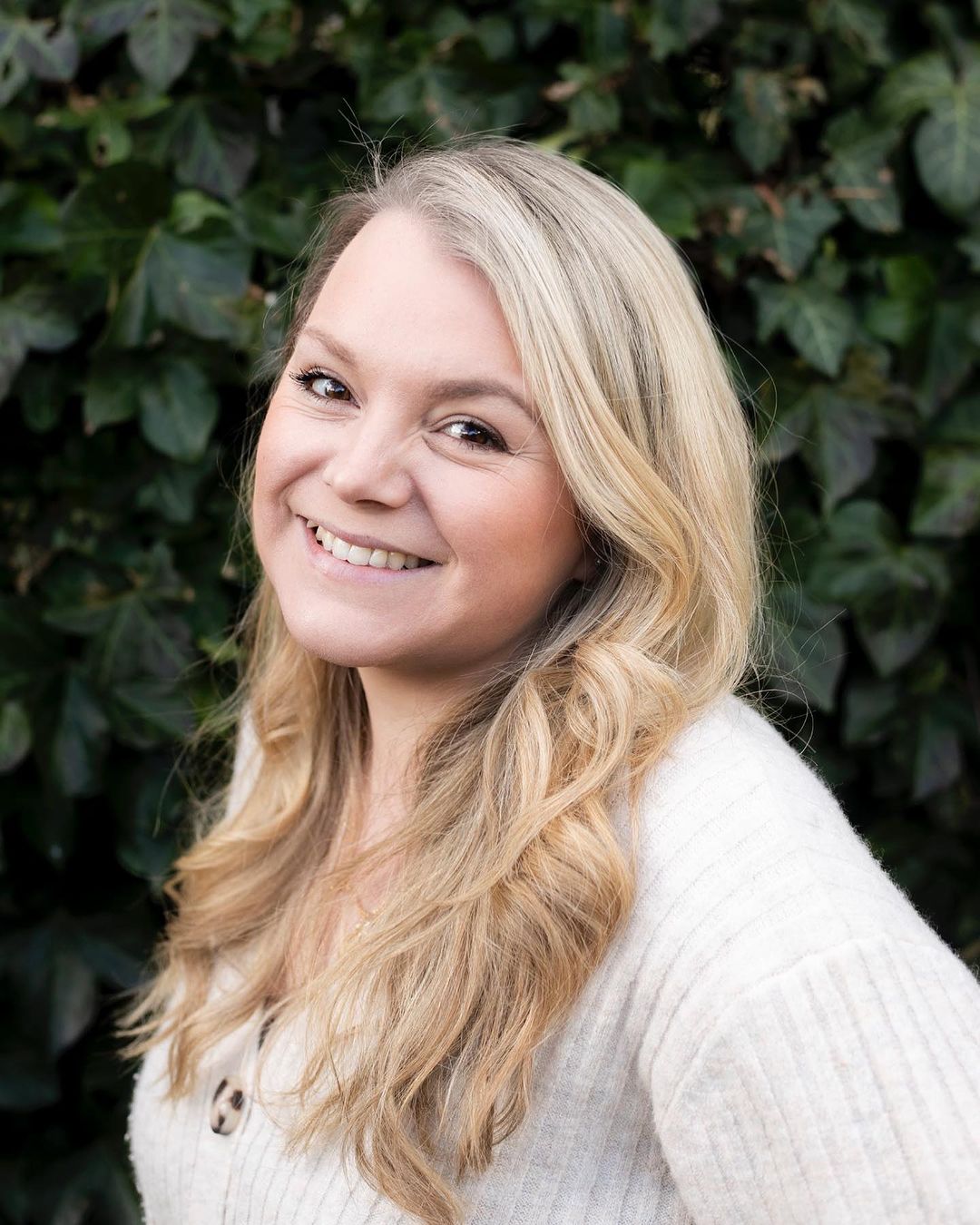

There is a movement in the parenting world where we are encouraged to only share “positive” birth stories. There is of course a reason for this, to protect parents who are pregnant or going to be pregnant from experiencing anxiety, which is thought to possibly contribute to birth being more difficult.
I wonder though, whether it’s better to have an open discussion about NICU and birth trauma, to empower people antenatally and postnatally to empower them, rather than just “protect them”. What if we helped parents build the resources they need, practically and emotionally to be able to better manage & equip them if they find themselves in situations like this?
Not only do NICU parents often find that they feel silenced and then isolated in their experiences, but can also find “positive” birth experiences triggering. There are so many things that can feel “emotionally triggering” for NICU/birth trauma (BT) parents and in fact, triggering in the real sense of the word – inducing PTSD symptoms, which can be present for a lot of NICU/BT parents.
Scrolling through your Instagram feed, seeing big pregnant bellies, happy pregnancies, people calmly packing their hospital bags, having their baby showers… it can trigger intense feelings of grief, loss, anger or jealousy for those whose experiences diverged from a “normal” pregnancy or birth.
Seeing stories of positive birth stories, the serene images, videos, the moment the mum gets to hold her newborn straight after giving birth, the golden hour, looking happy and content. The first moments, leaving the hospital within a day or few days, that picture of carrying the car seat. This can all be incredibly difficult for a parent who so wished for these experiences but didn’t get them.
It feels like there is a lack of space for those who didn’t experience a “positive” birth. There can be a feeling of shame for not having had that experience, feeling like you have somehow failed, like it’s all on you, like you did something wrong. It is important that we look at the words we use in antenatal education and postnatal support, so we don’t fuel this. We need to be more trauma informed in how we discuss birth. We need to create a space and a way for parents who did not have a “positive” birth or pregnancy, to share their experiences.
You can listen to Dr Frankie Harrison on Happy Mum Happy Baby: Parenting SOS now.
Author Biography

Dr Frankie Harrison is a Clinical Psychologist and a parent who has been there too. Alongside her co-founder Georgie (also a NICU parent and graphic designer), they have developed an online community where you can meet other people who get it and have lived it. Miracle Moon has a podcast, online resources, webinars, workshops, guides and accessible content. They are in the process of developing a membership to build our community and support available. Dr Frankie also provides group therapy and individual therapy, including EMDR which can help in processing your NICU experience.
You can find more out about Miracle Moon on their website www.miraclemoon.co.uk or on Instagram @miraclemoonuk